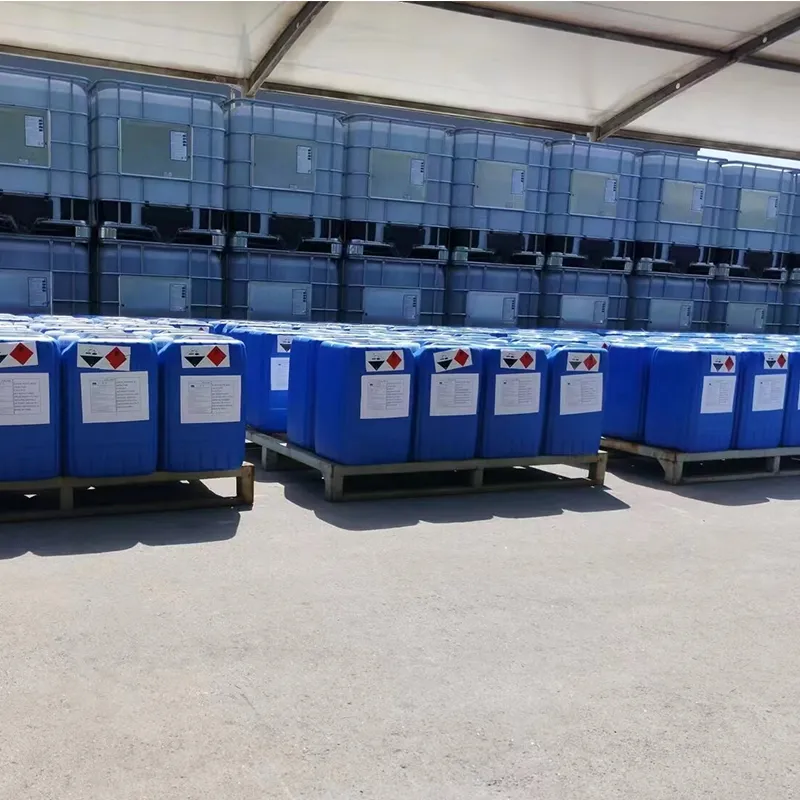
Exploring the Role and Benefits of Acidity Regulator E260 in Food Products
Acidity Regulator E260 A Comprehensive Overview
In the world of food additives, acidity regulators play a crucial role in enhancing the taste, texture, and shelf life of various food products. One such additive, known as E260, is the code assigned to acetic acid. An organic compound with a distinctive sour taste and strong odor, acetic acid is commonly found in vinegar and is widely used in the food industry as a preservative and flavoring agent.
What is E260?
E260 refers to acetic acid, a colorless liquid organic compound that is a key component in vinegar, which typically contains 4-8% acetic acid. As a food additive, E260 serves multiple functions it acts as a preservative, acidity regulator, and flavoring agent. Typically classified as a Generally Recognized as Safe (GRAS) substance by authorities like the Food and Drug Administration (FDA), E260’s use in food products is well-regulated to ensure consumer safety.
Functions of E260 in Food
1. Preservation E260 is effective in inhibiting the growth of certain microorganisms, making it a valuable preservative in various products. It helps prolong shelf life, particularly in sauces, pickled vegetables, and dairy products.
2. Acidity Regulation As an acidity regulator, E260 contributes to the tart flavor of foods. It adjusts the pH levels of the product, creating an environment that enhances flavors while also preventing spoilage caused by microbial growth.
3. Flavor Enhancement E260 adds a tangy flavor to food products, which can elevate the overall taste experience. This function is especially noticeable in salad dressings, marinades, and pasta sauces where a sour note is desirable.
acidity regulator e260

Applications of E260
E260 is commonly found in a variety of food items, including
- Condiments Mustards, ketchups, and sauces often contain E260 to enhance flavor and ensure preservation. - Pickled Products The pickling process relies heavily on acetic acid for both flavor and preservation. E260 is essential in products like pickles, chutneys, and relishes.
- Beverages Some beverages may use E260 to balance flavor profiles and extend shelf life.
- Dairy Products Certain cheeses and dairy products incorporate E260 to maintain stability and flavor, especially in soft cheeses that are more susceptible to spoilage.
Safety and Regulatory Status
The safety of E260 has been extensively studied, and it has been approved for use in many countries around the world, including those in the European Union, where it is labeled as E260. Regulatory bodies such as the European Food Safety Authority (EFSA) and the FDA consider acetic acid safe when consumed within permitted levels. While most people can safely consume food products containing E260, some individuals may experience sensitivity or allergic reactions, making awareness essential.
Conclusion
E260, or acetic acid, serves as a key player in the food industry, offering multiple benefits that enhance both the quality and safety of food products. Its ability to act as a preservative, flavor enhancer, and acidity regulator makes it a versatile additive in various culinary applications. As consumer awareness of food additives grows, E260's established safety profile helps reassure the public of its role in modern food production. Whether enjoyed in a tangy salad dressing or as part of a beloved pickled vegetable, E260 continues to play a vital role in food science, catering to diverse palates while ensuring the longevity of food items. Embracing E260 in moderation allows consumers to appreciate its culinary contributions while adhering to dietary guidelines and preferences.
-
Sodium Dichloroisocyanurate Safety Handling ProtocolsNewsJul.29,2025
-
Mining Chemicals for Copper Extraction Processes GuideNewsJul.29,2025
-
Fertilizer for Sale Shipping and Storage TipsNewsJul.29,2025
-
Dimethyl Disulfide as Sulfurizing AgentNewsJul.29,2025
-
Benzotriazole Safety Data Handling and Storage GuidelinesNewsJul.29,2025
-
Ammonium Bicarbonate Safety Handling Storage GuidelinesNewsJul.29,2025
-
The Transformative Role Of Trichloroisocyanuric Acid in Water TreatmentNewsJul.23,2025
Hebei Tenger Chemical Technology Co., Ltd. focuses on the chemical industry and is committed to the export service of chemical raw materials.
-

view more DiethanolisopropanolamineIn the ever-growing field of chemical solutions, diethanolisopropanolamine (DEIPA) stands out as a versatile and important compound. Due to its unique chemical structure and properties, DEIPA is of interest to various industries including construction, personal care, and agriculture. -

view more TriisopropanolamineTriisopropanolamine (TIPA) alkanol amine substance, is a kind of alcohol amine compound with amino and alcohol hydroxyl, and because of its molecules contains both amino and hydroxyl. -

view more Tetramethyl Thiuram DisulfideTetramethyl thiuram disulfide, also known as TMTD, is a white to light-yellow powder with a distinct sulfur-like odor. It is soluble in organic solvents such as benzene, acetone, and ethyl acetate, making it highly versatile for use in different formulations. TMTD is known for its excellent vulcanization acceleration properties, which makes it a key ingredient in the production of rubber products. Additionally, it acts as an effective fungicide and bactericide, making it valuable in agricultural applications. Its high purity and stability ensure consistent performance, making it a preferred choice for manufacturers across various industries.











